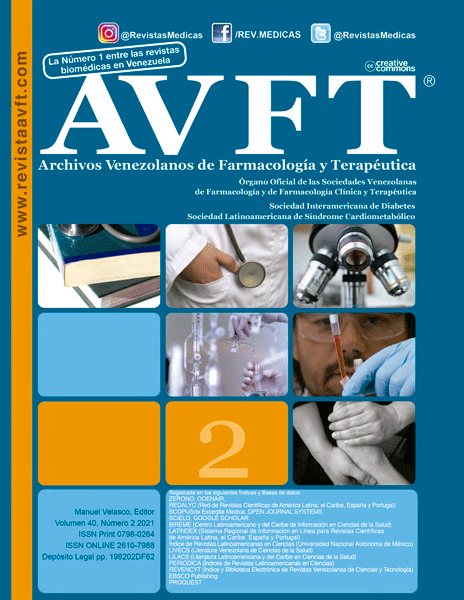The effect of training on self-efficacy of patients with leukemia after hematopoietic stem cell transplantation
Palabras clave:
Self-efficacy, Cancer, Hematopoietic Stem Cell TransplantationResumen
Introduction: Cancer is considered the second leading cause of death around the world. Health-promoting behaviors are the major determinants of health. Also, the association of self-efficacy with the theory of planned behavior is an important factor in predicting the intention and behavior. The objective of this study was to evaluate the effect of training based on the theory of planned behavior on the self-efficacy of patients with leukemia after hematopoietic stem cell transplantation.
Methods: This quasi-experimental study was conducted on cancer patients after hematopoietic stem cell transplantation in 2019. Using the random sampling method, we selected 66 patients who met the inclusion criteria and divided them randomly into intervention and control groups (each group including 33 patients). The research data were collected using a demographic information questionnaire and generalized self-efficacy scale (GSES). The intervention group received two face-to-face self-efficacy training sessions. Then, the levels of self-efficacy were compared in the two groups before, one week, and one month after the intervention. The data were analyzed using descriptive and analytical statistics through SPSS version 23 software.
Results: The results showed that self-efficacy in the intervention group increased after the intervention (p<0.001). The differences between self-efficacy scores in the experimental group at all dimensions were statistically significant (p<0.05). There was no statistically significant relationship between demographic variables and the mean score of self-efficacy.
Conclusion: Self-care training based on the theory of planned behavior can be effective in enhancing self-efficacy and its dimensions. With increasing these dimensions and self-confidence of the patients, self-care training improves their quality of life.




